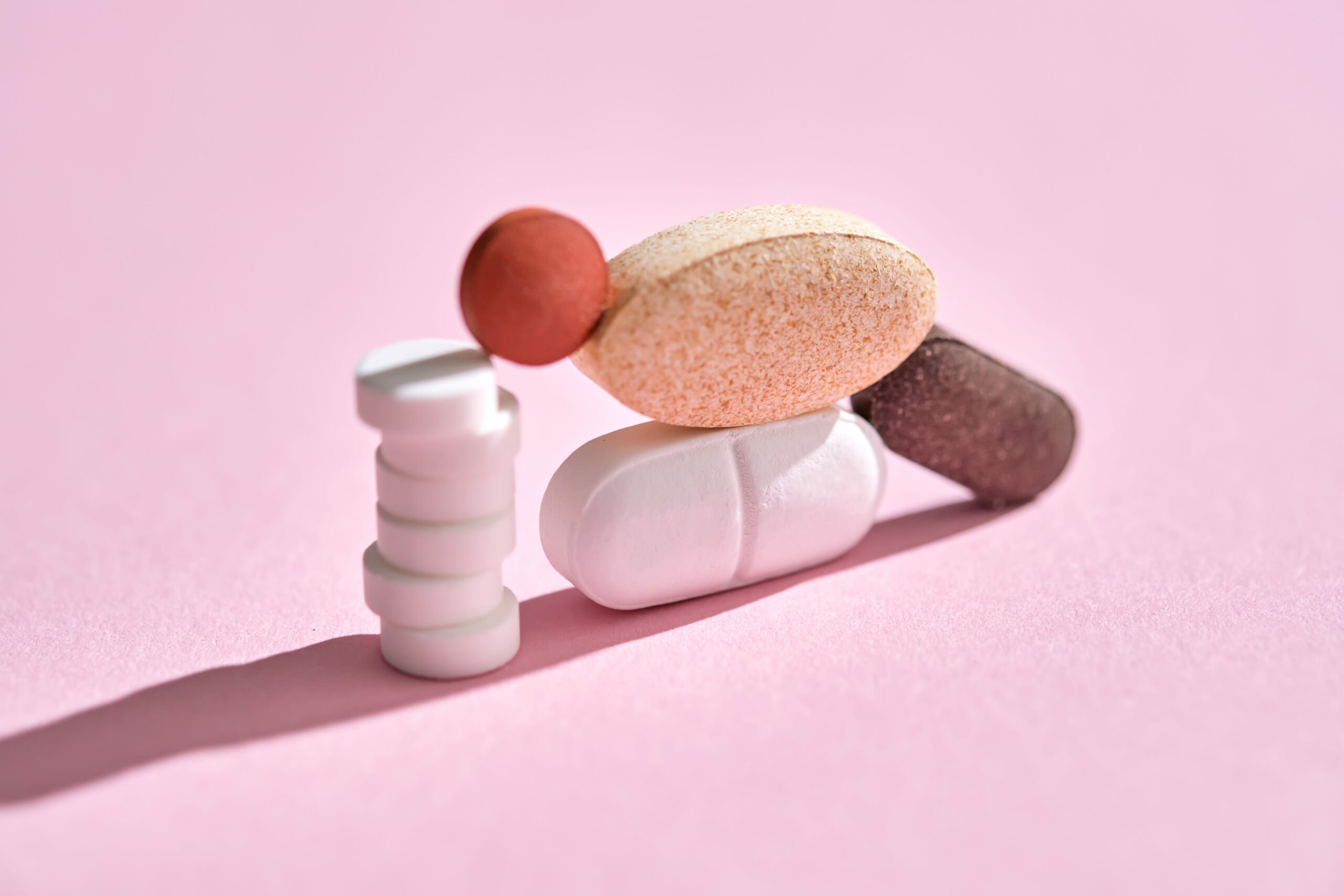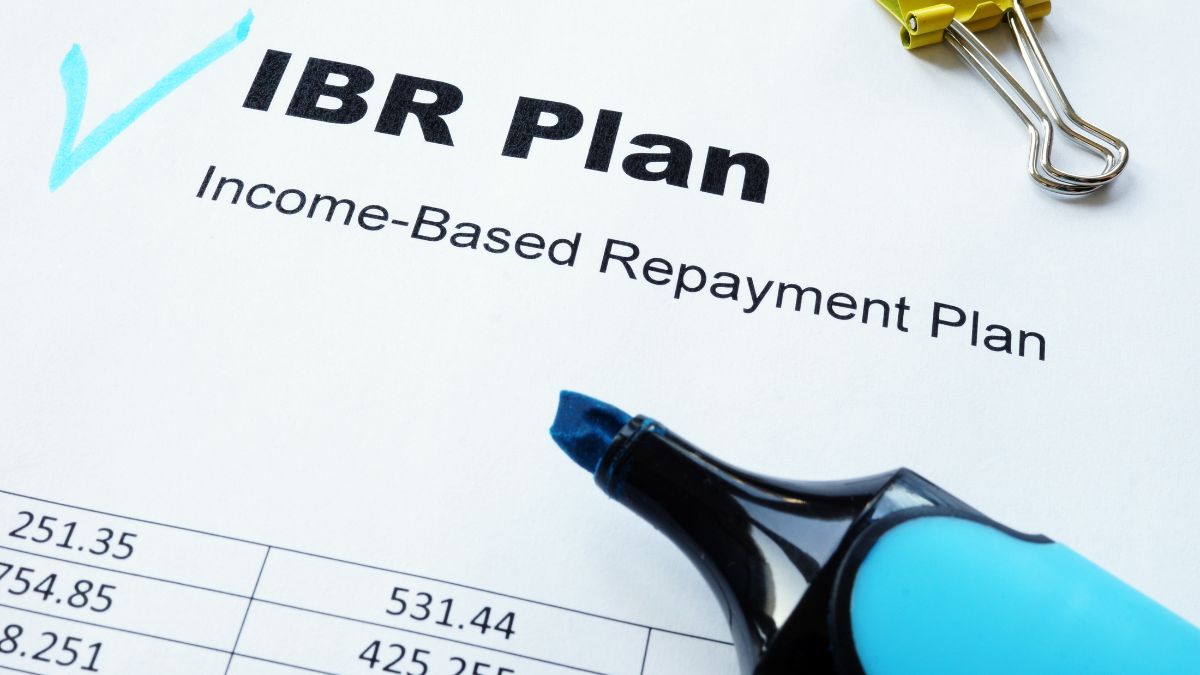Could Probiotics Be the Missing Link in Your Weight Loss Journey? What Experts Really Say
Remember the days when probiotic supplements were the go-to little capsules promising everything from better digestion to a heart that’s happy and an immunity that could fend off the nastiest bugs? Before GLP-1s stormed the weight loss stage like the new kid on the block, probiotics quietly held the spotlight — but do they actually live up to the hype when it comes to shedding pounds? It’s a fascinating question, especially since these tiny bacteria buddies play a big role inside us, helping our bodies digest food, fend off the bad guys, and even influence how we store energy. But can they really help you drop the weight, or is it just optimism sprinkled with a dash of science? Let’s dig into what the experts have to say about the probiotic craze and whether popping those capsules might be more than just a gut feeling. LEARN MORE
Before GLP-1s took over the weight loss scene, there were probiotic supplements. Yes, these little capsules boast benefits such as improving your digestion, heart health, and immunity, and they’re also sometimes used for weight loss—but do they actually work?
First, a reminder on what probiotics actually are: They’re microorganisms that can support the helpful bacteria that live all over your body, including the beneficial bacteria in the intestines, says Katherine Saunders, MD, an obesity medicine physician and co-founder of Intellihealth. “Good bacteria can support health and immune function by helping our body digest food, produce vitamins, break down and absorb medications, and prevent overgrowth of bad bacteria that can make us sick,” she adds.
Meet the experts: Katherine Saunders, MD, is an obesity medicine physician and co-founder of Intellihealth. Jennifer Bianchini, RD, is a functional dietitian, mind-body wellness expert, and founder of Body to Soul Health. Caroline Apovian, MD, is the co-director of weight management and wellness at Brigham and Women’s Hospital. Roxana Ehsani, RD, is a registered dietitian-nutritionist and board-certified sports dietitian based in Miami.
Ahead, find out the theories behind how probiotics could help with losing weight and what to know if you choose to take them, per experts.
How Probiotics Might Help With Weight Loss
When you eat, your body breaks down food during the digestion process. Gut microbes then absorb nutrients and create compounds that stabilize blood sugar and trigger fullness cues, directly affecting appetite and food cravings, says Jennifer Bianchini, RD, a functional dietitian, mind-body wellness expert, and founder of Body to Soul Health. When digestion works properly this way, the ratio of good-to-bad gut bacteria is balanced.
Probiotics “can make weight loss easier by improving the environment inside your body that controls how your body processes and makes energy from food, hormones, and overall metabolic regulation,” says Bianchini. But they’re definitely not a quick fix.
“In theory, probiotics could alter the microbiome in a positive way, however, studies have illustrated minimal, if any, weight loss,” Dr. Saunders says. More research is needed, but a 2024 review of six studies in Obesity Science and Practice looked at the use of probiotics for treating excess weight and obesity. It found that specifically Bifidobacterium and Lactobacillus significantly reduced body weight, body mass index, waist circumference, and total body fat mass in the absence of dieting. This is likely because probiotics can help reduce bloating and inflammation, regulate blood sugar, and improve how the body uses and stores energy, says Bianchini.
It’s important to remember, though, that it’s still not totally clear how probiotics impact weight loss. While it’s entirely possible that a probiotic-filled healthy gut could be more amenable to weight loss or weight maintenance, it also might be thanks to another kind of cause and effect, adds Caroline Apovian, MD, the co-director of weight management and wellness at Brigham and Women’s Hospital. “It may certainly be that those people who eat healthy have healthier guts and not the other way around,” she says. “As far as which came first, the healthy diet or the healthy gut, it’s likely the healthy diet.”
What To Know About Probiotic Supplements For Weight Loss
Experts recommend eating foods high in probiotics before taking a supplement for weight loss, but supplements can help fill in the gaps and are the easier method. However, not all probiotic strains are created equal, and there’s not a general consensus on which ones might work best for weight loss results.
What we do know, though, is that a probiotic species known as Akkermansia muciniphila has been shown to regulate metabolism and improve insulin sensitivity, per a 2021 review of studies on the probiotic in Microorganisms. However, Bianchini says a broad-strain probiotic that contains a few of the most researched strains like lactobacillus gasseri, lactobacillus rhamnosus, and bifidibacterium can also be very beneficial in creating a healthy and diverse microbiome to support weight loss.
If your doctor gives you the go-ahead, look for a brand that’s third-party tested with the NSF-certified seal or USP-certified mark on the label, says Ehsani. That means it’s been tested to contain everything it says it does—and nothing that it doesn’t. In general, supplements aren’t required to go through rigorous testing; these labels indicate that these products have undergone a quality-control process. (You can check out some of our fave brands here!)
The label will likely also mention CFU, which stands for colony-forming units, or the number of live, active bacteria in a probiotic, but you can generally ignore this number. “It’s more important to choose a probiotic with clinically studied strains and guaranteed live cultures, rather than just purchasing a high number of CFUs,” Bianchini says.
All in all, it won’t hurt to try a probiotic if your goal is weight loss. But for the best gut health results, it’s imperative to integrate them into a balanced diet and lifestyle.
Risks Of Using Probiotics For Weight Loss
It’s generally safe for most people to take probiotics—but you could throw off the bacterial balance in your gut, which may lead to digestive issues such as gas, bloating, or an upset stomach, says Dr. Saunders.
However, there are some people who should stay away from probiotics. “Anyone who has a compromised immune system or certain diseases (like Crohn’s disease, ulcerative colitis, or small intestinal bacterial overgrowth) may get sick from taking probiotics,” says Roxana Ehsani, RD, registered dietitian-nutritionist and board-certified sports dietitian. Those on antibiotics also may not benefit, as some antibiotics prevent probiotics from working well, she adds.
In any case, it’s always a good idea to hit up your doctor before you start taking any supplement, including probiotics.
Andi Breitowich is a Chicago-based writer and graduate student at Northwestern Medill. She’s a mass consumer of social media and cares about women’s rights, holistic wellness, and non-stigmatizing reproductive care. As a former collegiate pole vaulter, she has a love for all things fitness and is currently obsessed with Peloton Tread workouts and hot yoga.




















Post Comment